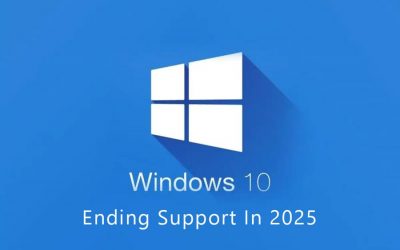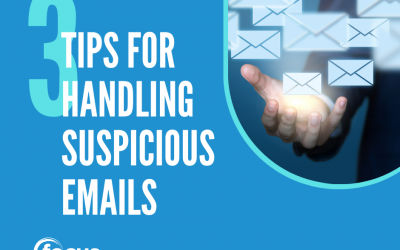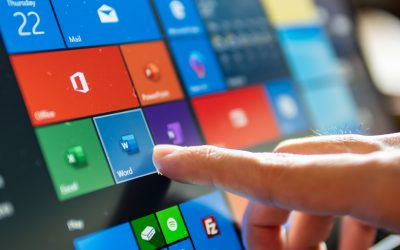
There are dangers lurking all over the place on the Internet, but we all know that that is not going to stop us from using it. The Internet is available almost on everything and everywhere these days. It’s where you research, shop, listen to music, connect with friends and family, enhance your career, work, plus much more.
You wouldn’t stop doing something you love just because of a few risks, you would adapt the process so that you are as safe as possible while doing it. This is the same with surfing the web.
Here are some tips to help keep you safe online.
Here are some tips to help keep you safe online.
Having the latest security software, web browser and operating system is the best defence against viruses, malware and other online threats. These are what help protect you. Use the manufacturer’s latest security patches to make regular updates and make sure that you have the software set to do routine scans.
Make sure you protect all devices that connect to the Internet, along with computers, smartphones, gaming systems and other web-enabled devices also need protection from viruses and malware.
Know the scams.
The best way to keep up to date with all the latest scams that are happening around the globe is to read articles of well-known, veritable sources, follow the news, and sharing the information with your friends and family.
A good thing to remember is to be wary of communications that implore you to act immediately. If they are offering something that sounds too good to be true or that asks for personal information, just delete it.
Avoid malicious websites and unsolicited emails.
You’ll know all about staying away from suspicious websites, just don’t even think about going onto them. However, what about emails? Too often unsolicited emails will try to trick or convince you into clicking on links or opening attachments, make sure you don’t open these. Even if you know the source, if it looks suspicious, delete it. Read our article on spear phishing to learn about scam which target people using the names of people they know.
A good example of a common email threat is when it appears to be from your bank stating that action is required from you. Don’t be fooled by this email. If you are concerned whether or not action is required, open your browser and navigate to your bank’s website or give them a call and ask about the email – do not click on the links in the email.
Review your privacy settings.
Take a look at your privacy settings on your social media accounts and ensure that you are only sharing information with trusted groups. If your profiles are locked down, this will make it harder when someone tries to profile you as a target or tries to steal your information or even your identity.
Remember: what you post online is available for the world to see.
Do you have a strong password?
Ensuring you have a strong password for your accounts is very important. Make sure that your password consists of a mix of uppercase and lowercase letters, numbers, and characters. If you struggle to come up with passwords, try using a phrase for example “!L0v3chr1stm@s.” “Thew3ather!sfr1ghtful.” or “Traff1cisjustawesome?”
Some of the more common services (e.g. Gmail or LinkedIn) support SMS-based 2-factor authentication, meaning that to log in from a new device you have to type a secret code that gets sent to you via SMS. This means that those not-so-great people out there would need more than just your password to login to your account.
One more tip: make sure you are not using the same password across multiple accounts.
Shop safely.
While shopping online can be an absolute lifesaver, don’t shop on a site unless it has the “https://” and a padlock icon to the left or right of the URL. This means the site takes extra measures to help secure your information. “http://” is not secure.
Protect your data.
Keep your guard up. Back up all of your data on your computer, smartphone and/or tablet in the event of loss, theft or crash. It is also a good idea to keep an eye on your various financial statements for questionable activity. Protect your valuable work, music, photos, and other digital information by making an electronic copy and storing it safely. Getting the layers of protection you need is essential, read this article to find out what you need to do to protect yourself and your business.
The Backup 3-2-1 rule is one we recommend:
- 3 copies of anything you care about – Two isn’t enough if it’s important.
- 2 different formats – Example: NAS + HardDrive—Dropbox + Pendrive or whatever works for you.
- 1 off-site backup – If the house burns down, how will you get your business data or memories back?
Some of these tips may seem quite obvious and some may not, but the important thing to remember while you are using the Internet is to simply use your head. Don’t click on links or attachments from emails you are not expecting, don’t enter suspicious websites, and most certainly ensure you have up to date security software on your computer (which of course has a very secure password). If you have any questions about the security of your computer, contact your IT manager or provider.






